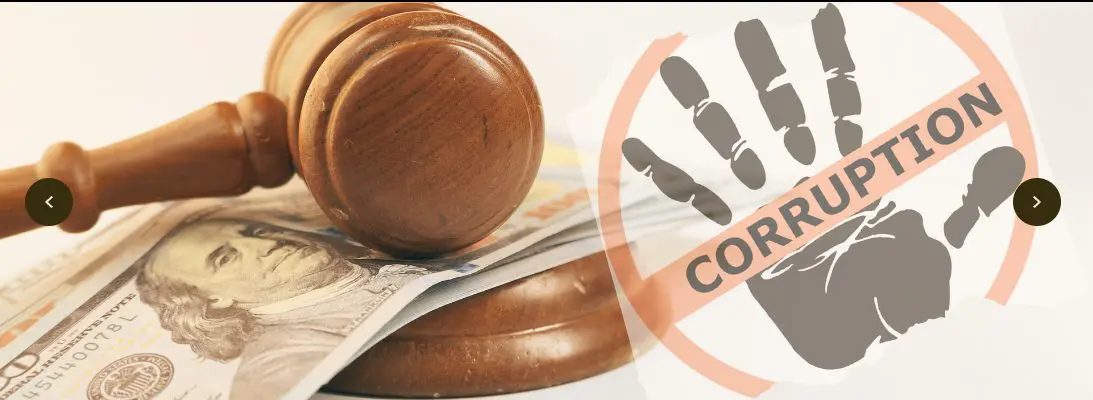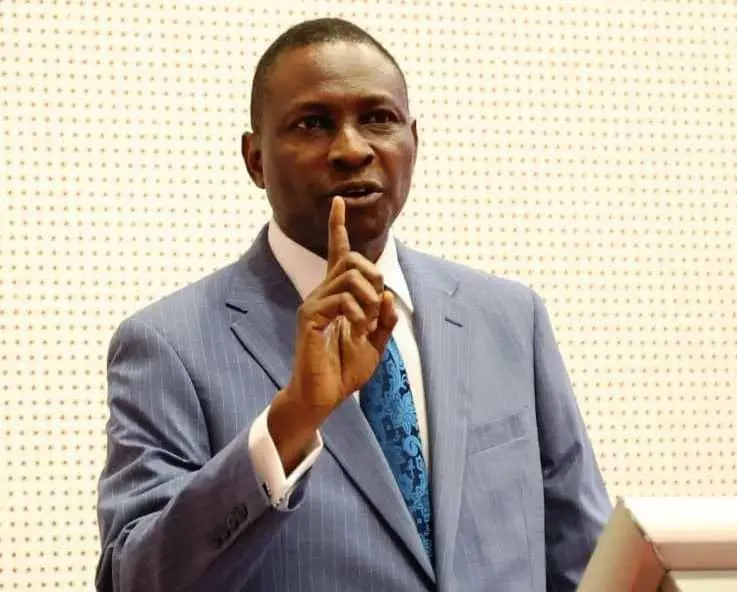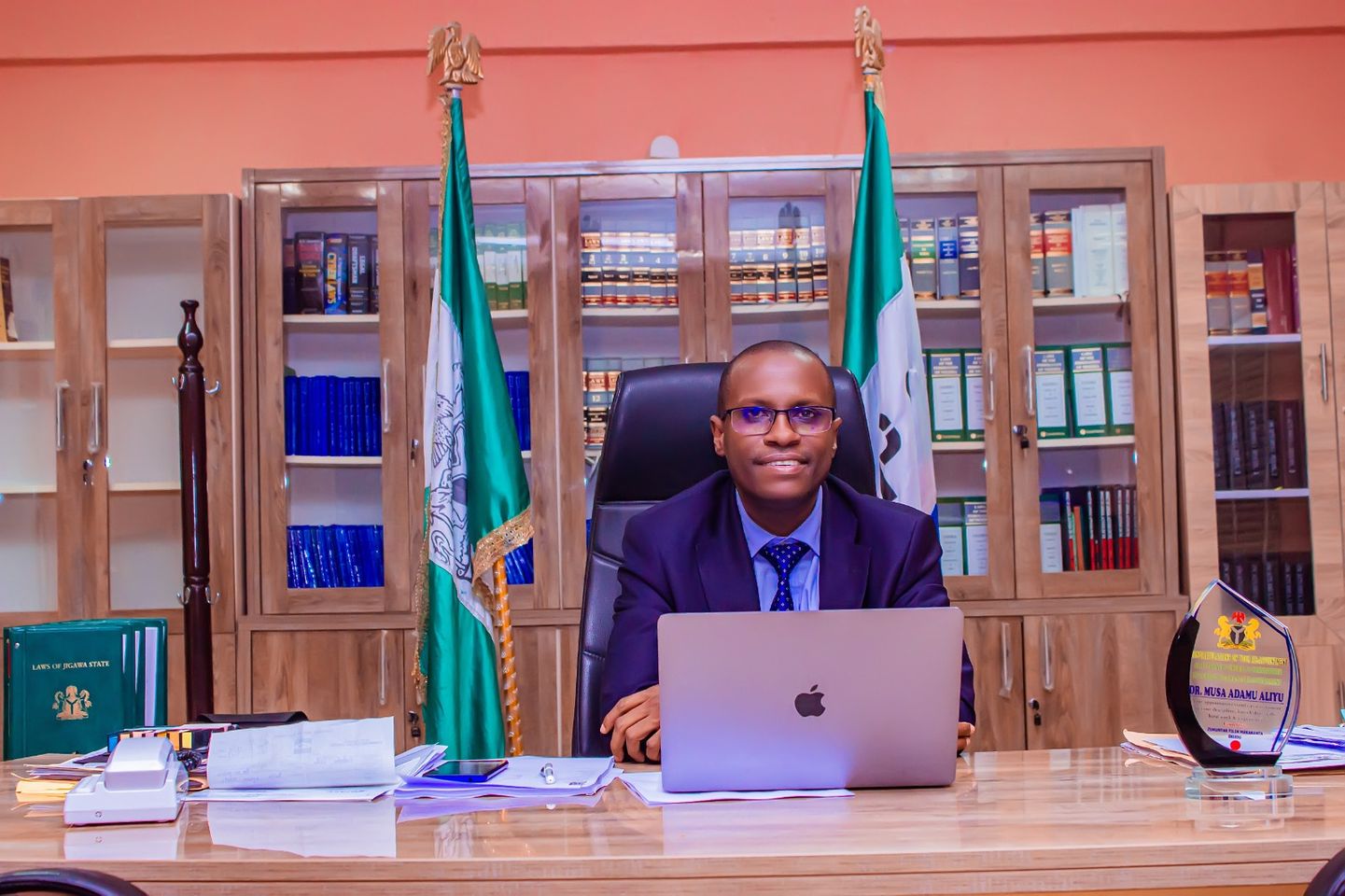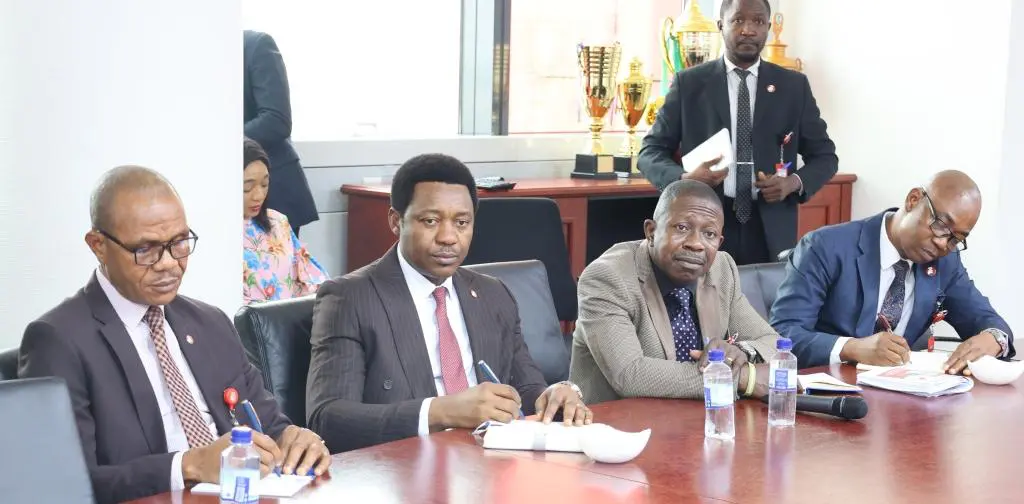Unresolved corruption probes in Nigeria have remained a significant concern, begging the question of why millions of public funds are allocated to probes when there are no plans to convict offenders.
In Nigeria, probes come with a lot of theatrics: first the announcement of investigative panels, then the media rounds, photo ops, and press outings, with long-winding sessions running into months and years but never ending in indictments or prosecutions.
Not forgetting the huge sitting allowances often allocated to such probe panels, another avenue for graft and appeasing political allies—a case of “the more you look, the less you see.”
Some of the high-profile corruption cases involving top politicians and government officials, mostly initiated at the National Assembly, remain unresolved, leading to public frustration and distrust in the government.
Social critics believe that corruption probes are merely a means of appeasing aggrieved citizens. However, for many Nigerians, justice would mean seeing corrupt officials sent to jail.
A report recently released by the Centre for Fiscal Transparency and Public Integrity (CFTPI) through its Probes Monitor Portal showed that a total of 614 grand corruption probes were initiated by various administrations between 1999 and 2023. However, only three of these have been brought to a logical conclusion.
This huge gap, according to the centre, highlights the lack of accountability and transparency by successive governments, much to the detriment of the public good.
For instance, in the Petroleum Subsidy Scandal of 2012, billions of dollars were allegedly embezzled through fraudulent fuel subsidy claims. Investigations and arrests were initiated, but many did not lead to convictions.
In the Dasuki Gate scandal of 2020, former National Security Adviser Sambo Dasuki was prosecuted by the Economic and Financial Crimes Commission (EFCC) over a $2 billion arms fraud. The conclusion of this probe is yet to be seen.
Also, recall the probe of over N1.8 trillion in federal government interventions in the power sector since its privatization from 2012 to date by the Senate, the probe of the Nigeria Social Insurance Trust Fund (NSITF) over the spending of N17.16 billion ($40 million) in 2013, the investigation of the alleged diversion of N525 billion by a former Abia State Governor by the EFCC, and the probe of former minister Stella Oduah over the N255 million armored car scandal by the House of Representatives, among many others.
The challenge, according to Umar Yakubu, the Executive Director of CFTPI, is not only that these probes are never completed, but also that Nigerians are never informed of their status even when decisions are made.
Yakubu worries that by abandoning these probes and leaving the public in the dark, the government gives the impression that these actions are mere political theatre designed to placate the masses temporarily. He asserts that transparency and accountability are the cornerstones of any democratic society.
Without these principles, the very foundation of democracy is at risk. The lack of transparency in publishing the findings of these probes allows corruption to continue unchecked, as those who engage in corrupt practices feel emboldened by the lack of consequences.
Currently, Nigeria is gravely paying the price for corruption with a persistent economic downturn, unemployment, social injustice, poverty, and underdevelopment.
This is because funds that would have been utilized for the general good have found their way into private pockets.
Dr Otive Igbuzor of the African Centre for Leadership, Strategy and Development, insisted that corruption may never be overcome unless proactive steps are taken to entrench sanctions, sincere probes, sentences, and convictions.
He said, “The media has a great role to play in holding the government to account and promoting social justice, transparency, and accountability in society.”
“The challenge before us is what should be done to ensure that the probes are completed and acted upon and ultimately reduce corruption in Nigeria. I suggest citizen engagement and advocacy, media activism, developmentalist coalitions, participation in politics, and movements for change.”
He advocated sincere legislative oversights to ensure allocated funds are properly utilized, systems that expose corruption, and internal checks for every organization handling government money.
Although analysts attribute unresolved probes to judicial inefficiencies, political interference, lack of political will, or failure of anti-graft institutions, Prof Okey Ikechukwu of the Development Spec Academy warns that they are also forms of corruption.
He noted that the government must also begin to check the misapplication of public funds and the wrong prioritization of projects where funds are deployed to areas that do not address the immediate needs of society.
“For example, spending public money to deploy computers in a school where no teacher is computer literate or building a bridge in a community where only three people have motorcycles,” he said.
He described such situations as procurement corruption involving political allies.
Prof Ikechukwu also cautioned against the glamorization of corruption and ill-gotten wealth, warning that young people would always emulate what society prioritizes.
While Nigerians demand that agencies fighting corruption in the country wake up to their responsibilities, they await a time when probes will be completed and sanctions meted out to offenders.
Concerns over unresolved corruption probes in Nigeria, millions spent without convictions



